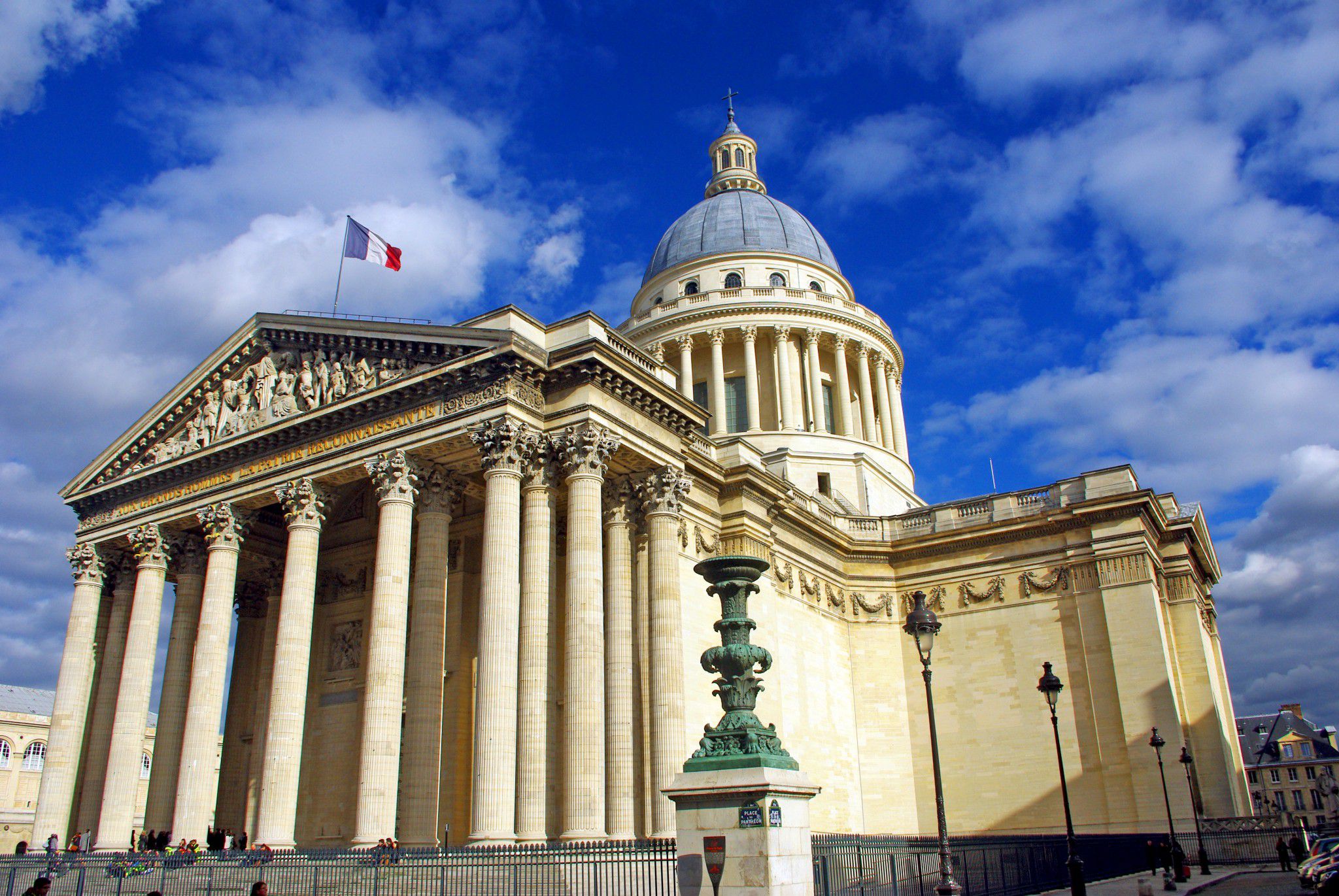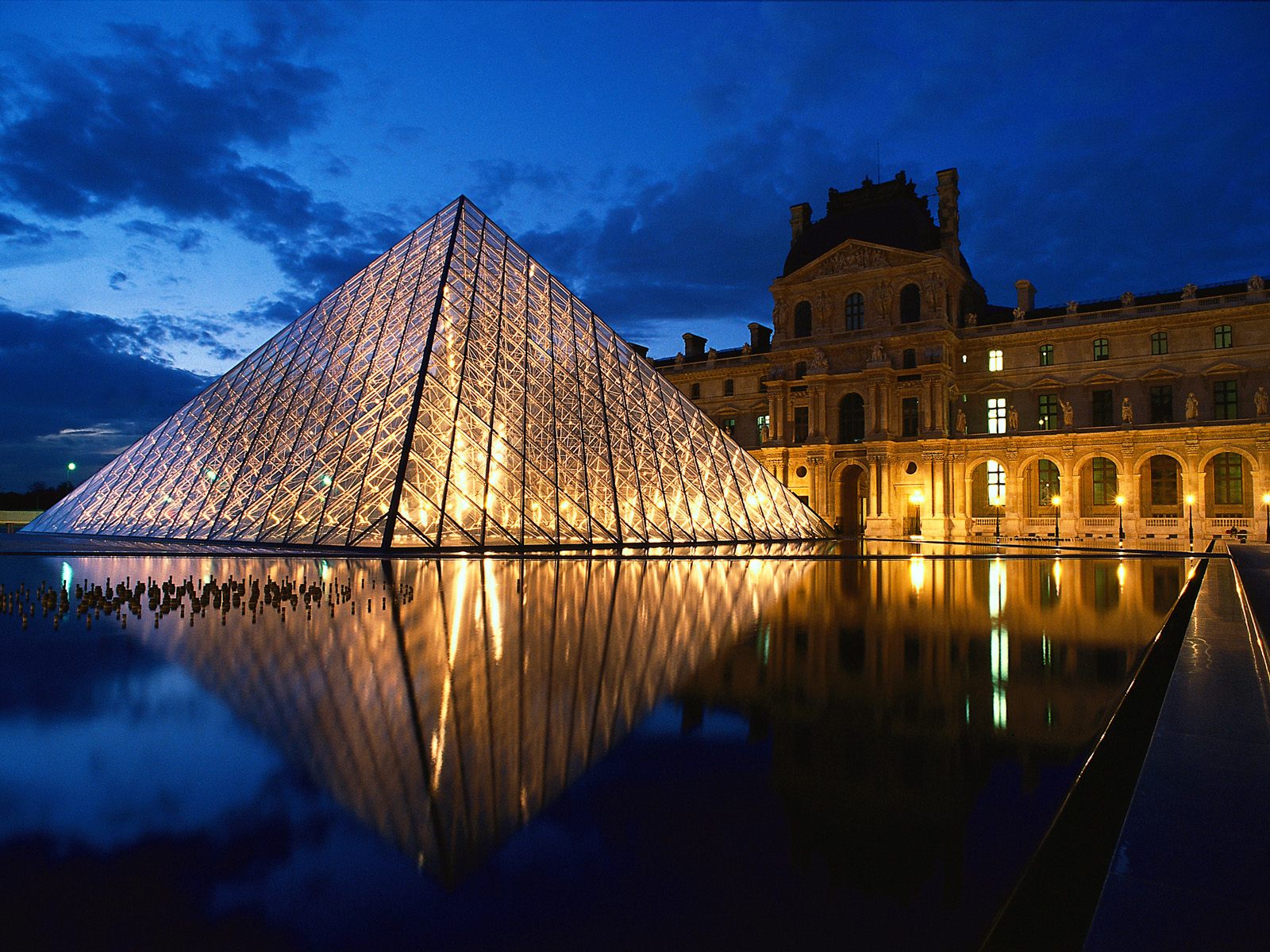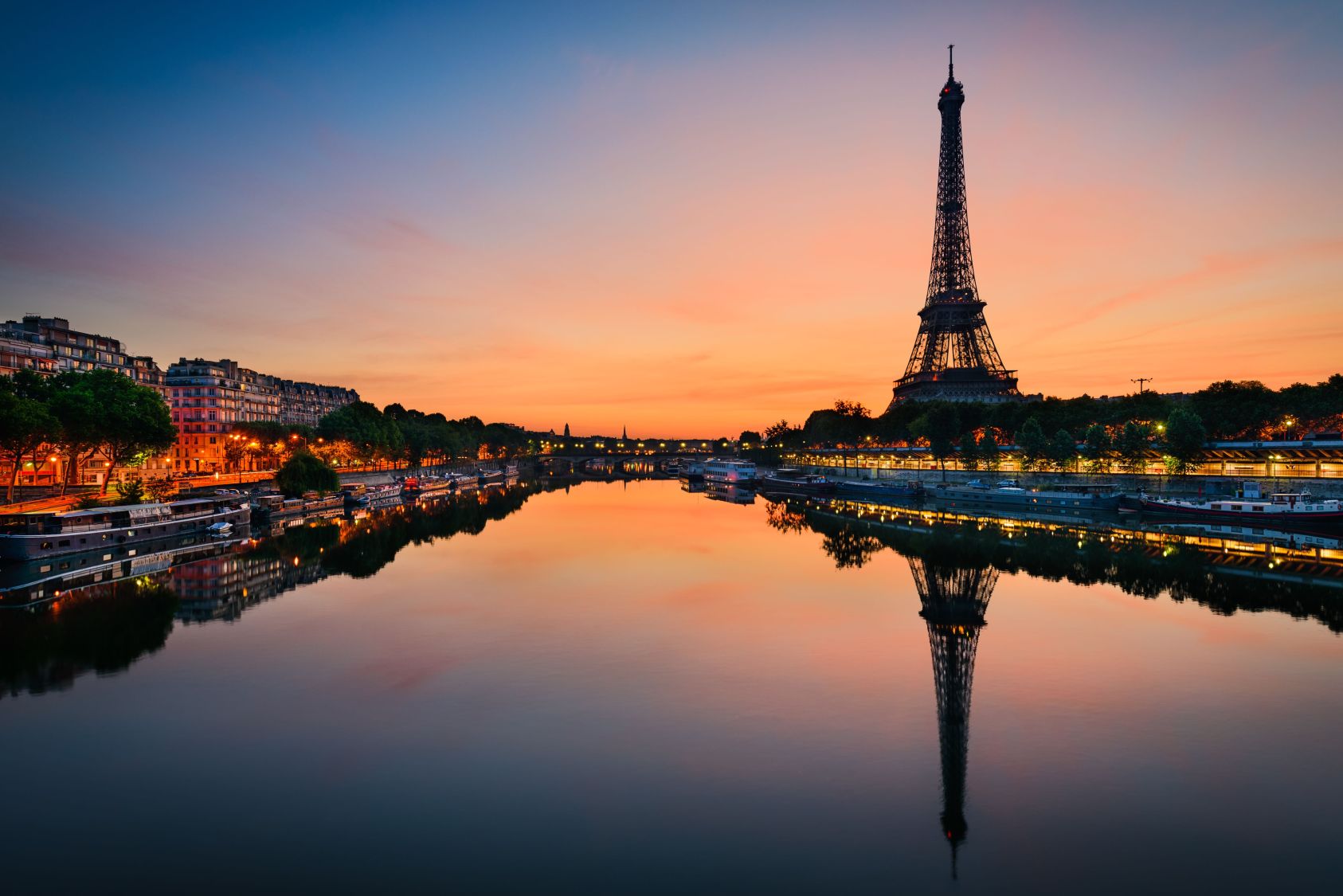France And Iran: A Complex Tapestry Of Diplomacy, Conflict, And Enduring Ties
The relationship between France and Iran is a fascinating and intricate tapestry woven through centuries of diplomatic engagement, cultural exchange, economic partnerships, and periods of profound disagreement. Far from a simple narrative, the history of France and Iran relationship is marked by shifting alliances, strategic interests, and the ever-present undercurrent of geopolitical realities. From the ancient Silk Road connections to the intricate dance of modern nuclear diplomacy, understanding this bilateral bond requires a deep dive into its multifaceted dimensions.
Despite often being overshadowed by Iran's more contentious ties with other Western powers, the Franco-Iranian dynamic holds unique significance. It’s a relationship that, as the historical records attest, has generally enjoyed a friendly disposition since the Middle Ages, even as it navigates contemporary challenges ranging from nuclear ambitions to human rights concerns. This article will explore the historical foundations, key turning points, and current complexities that define the enduring, yet often strained, connection between these two influential nations.
Table of Contents
- A Millennia of Connections: The Historical Roots of France and Iran Relations
- Diplomatic Presence Amidst Disagreement: The Embassies and Beyond
- Economic Ebbs and Flows: Sanctions, Trade, and Opportunities
- The Nuclear Question: A Persistent Point of Engagement
- Human Rights and Citizen Detentions: A Deepening Rift
- France, Iran, and Regional Dynamics: The E3 and Beyond
- Cultural Exchange and Soft Power: Bridging Divides
- The Path Forward: Navigating Future France and Iran Relations
A Millennia of Connections: The Historical Roots of France and Iran Relations
The story of the France and Iran relationship is one that stretches back over a thousand years, predating many modern nation-states. The earliest attested relations between France and Iran date back to the High Middle Ages. These initial contacts were often driven by political and religious objectives, notably during the Crusades, when European powers sought allies in the East, and later through the dispatch of missionaries. This long-standing historical connection sets the stage for a relationship that, despite its contemporary challenges, possesses a deep-rooted foundation.
Beyond the early medieval period, the relationship evolved. The travels of figures like Jean-Baptiste Tavernier, a 17th-century French gem merchant and traveler, are particularly well known for his extensive journeys to Safavid Persia. His accounts offered Europeans unprecedented insights into Persian culture, economy, and politics, fostering a growing interest in the region. This burgeoning interest led to more formalized diplomatic ties. France developed relations with Iran and signed treaties in 1708 and 1715, notably with the visit of an Iranian embassy to Louis XIV. However, these promising early relations ceased in 1722 with the fall of the Safavid dynasty and the invasion of Iran by the Afghans, illustrating the fragility of diplomatic ties amidst regional upheaval.
Early Encounters: From Crusades to Safavid Diplomacy
The very genesis of the France and Iran relationship can be traced to a period when Europe was largely disconnected from the Middle East, yet strategic imperatives often dictated outreach. The Crusades, while primarily religious wars, necessitated a broader understanding of the geopolitical landscape of the Levant and beyond. For European powers, including nascent French kingdoms, establishing contacts with distant empires like Persia could offer strategic advantages, even if indirect. These early interactions, though sporadic, laid the groundwork for future diplomatic and cultural exchanges.
As centuries progressed, particularly during the Safavid era (16th-18th centuries) in Iran, the nature of the relationship became more defined. European powers, including France, sought trade routes, political alliances against common rivals (like the Ottoman Empire), and cultural exchange. The formal treaties signed in the early 18th century, and the reciprocal visits of embassies, were significant milestones. They demonstrated a mutual recognition of sovereignty and a desire for structured engagement. This period highlights an era where both nations saw tangible benefits in fostering a direct and formalized connection, a testament to the early diplomatic sophistication of the France and Iran relationship.
The Tumultuous 20th Century: Revolution and Shifting Sands
The 20th century introduced unprecedented complexities into the France and Iran relationship. While French interest in Iran had been multifaceted since the 16th century, the 20th century brought new geopolitical dynamics. The 1979 Iranian Revolution marked a pivotal moment. Interestingly, when Iran's 1979 revolution took place, many Iranians predicted that relations between Iran and France would improve in an unprecedented way. This optimism stemmed largely from the fact that Ayatollah Ruhollah Khomeini, the spiritual leader of the revolution, had spent time in exile in France (in Neauphle-le-Château) before returning to Iran. Revolutionaries in Tehran lauded French leaders for being hospitable toward their spiritual leader, fostering an initial sense of goodwill and expectation of a more favorable relationship compared to Iran's ties with the United States.
However, this initial optimism soon gave way to significant challenges. A major point of contention arose from a financial dispute related to the Eurodif consortium. This led to a decade of degraded relations and caused France to owe Iran roughly one billion dollars, which the Shah had given to the French government for expected cooperation in a uranium enrichment program. This debt became a symbol of the deteriorating trust and a significant hurdle in bilateral relations for years. The post-revolution era, therefore, saw a rapid shift from hopeful anticipation to a more strained and complex dynamic, demonstrating how quickly political tides can turn in the delicate dance of the France and Iran relationship.
Diplomatic Presence Amidst Disagreement: The Embassies and Beyond
A critical indicator of the enduring nature of the France and Iran relationship is the continuous maintenance of official diplomatic relations, even during periods of significant conflict. Unlike its relationship with the United States, Iran maintains official diplomatic relations with France. France has an embassy in Tehran, and Iran has an embassy in Paris. This sustained diplomatic presence, despite various disputes and criticisms, underscores a fundamental commitment by both nations to keep channels of communication open.
However, the existence of embassies does not imply an absence of tension. Indeed, there are many cases of criticism of Iran in France, so the two countries are experiencing conflict. This criticism often stems from human rights issues, Iran's regional policies, and its nuclear program. Despite these points of friction, the presence of diplomatic missions allows for direct engagement on sensitive issues, facilitating negotiations and crisis management. This pragmatic approach recognizes that even when in conflict, maintaining dialogue is essential for managing international relations and preventing escalation. The continued operation of these embassies is a testament to the complex, yet resilient, nature of the France and Iran relationship.
Economic Ebbs and Flows: Sanctions, Trade, and Opportunities
Economic ties have historically been a significant component of the France and Iran relationship, though they have been heavily influenced by geopolitical factors, particularly international sanctions. While there are some economic exchanges with France, the period following international sanctions against Iran in 2004 saw a dramatic collapse in bilateral trade. From 2004 to 2014, trade between the two nations was divided by seven, and French exports to Iran by five. This stark decline illustrates the profound impact that international political pressures can have on economic partnerships, even between countries with a long history of commercial interaction.
Despite these setbacks, there remains an underlying interest in strengthening economic ties. In the context of a new political environment for relations between France and Iran, the ground has periodically become more favorable for strengthening institutional, cultural, artistic, academic, scientific, industrial, economic, commercial, tourist, and sports relations between the two countries. This suggests that both sides recognize the potential for mutual benefit from robust economic engagement, provided the political climate allows. The Iranian Foreign Minister has also made a point of discussing the importance of developing various ties with Paris, emphasizing Iran's desire to expand its economic partnerships. However, the volatility of the geopolitical landscape means that the economic aspect of the France and Iran relationship remains highly susceptible to external pressures and political developments.
The Nuclear Question: A Persistent Point of Engagement
The Iranian nuclear program has arguably become the single most defining and contentious issue in Iran's relations with Western powers, including France. France, as a key member of the E3 (alongside Germany and the United Kingdom) and a signatory to the Joint Comprehensive Plan of Action (JCPOA), has played a central role in diplomatic efforts to address concerns over Iran's nuclear ambitions. This issue frequently brings the France and Iran relationship into sharp focus on the international stage.
The diplomatic dance around the nuclear program is ongoing. For instance, reports from May 25, 2025, indicate a move comes as France is set to meet with Iran in Turkey over the Iranian nuclear program. This highlights the continuous nature of negotiations and the willingness of France to engage directly with Iran on this critical matter, often through third-party mediation or multilateral frameworks. The nuclear question is not merely a technical one; it is deeply intertwined with regional security, non-proliferation efforts, and broader international stability, making it a constant, high-stakes point of engagement in the France and Iran relationship. The complexity of this issue means that despite periods of progress, it remains a persistent source of tension and a barometer for the overall health of bilateral ties.
Human Rights and Citizen Detentions: A Deepening Rift
Beyond the grand geopolitical issues, the France and Iran relationship is also profoundly impacted by sensitive human rights concerns, particularly the detention of foreign nationals. The situation of French citizens held in Iran has become a significant point of contention, often casting a shadow over broader diplomatic efforts. France's foreign minister has publicly stated that the situation of three French citizens held in Iran is worsening, with some being detained in conditions similar to torture. This grave accusation underscores the severity of the issue and its direct impact on bilateral trust.
Such cases of detention are not merely isolated incidents; they are viewed by France as directly impacting future ties. The French government consistently presses for the release of its citizens, viewing their detention as arbitrary and a violation of international norms. These human rights concerns introduce a deeply personal and emotional dimension to the France and Iran relationship, making it challenging for Paris to pursue broader cooperation while its citizens remain imprisoned under distressing circumstances. The resolution of these cases is often seen as a prerequisite for any significant improvement in the overall bilateral climate, highlighting the intricate link between individual human rights and state-to-state relations.
France, Iran, and Regional Dynamics: The E3 and Beyond
The France and Iran relationship cannot be understood in isolation; it is deeply embedded within the broader regional and international geopolitical landscape. France, as a major European power and a permanent member of the UN Security Council, often engages with Iran not just bilaterally, but also as part of multilateral groupings like the E3 (France, Germany, and the United Kingdom). This collective approach allows European nations to present a united front on critical issues concerning Iran, particularly those impacting regional stability.
The E3 ministers, together with the High Representative of the European Union, frequently engage with their Iranian counterpart on pressing regional matters. For instance, a phone conversation was reported on Monday, June 16, 2025, between the foreign affairs ministers of France, Germany, and the United Kingdom, and their Iranian counterpart, regarding the ongoing conflict between Iran and Israel. This illustrates France's active role in seeking de-escalation and diplomatic solutions to regional flashpoints involving Iran. Such engagements underscore France's commitment to multilateral diplomacy and its recognition of Iran's significant, albeit often disruptive, role in the Middle East.
Navigating Regional Conflicts: The Iran-Israel Dimension
The ongoing conflict between Iran and Israel is a major source of instability in the Middle East and directly influences the France and Iran relationship. France, while maintaining strong ties with Israel, also seeks to engage with Iran to prevent escalation and promote regional security. The reported phone conversation among the E3 ministers and their Iranian counterpart on June 16, 2025, specifically addressing the Iran-Israel conflict, highlights the urgency and sensitivity of this issue.
France's diplomatic efforts in this context are aimed at de-escalating tensions, preventing a wider regional conflagration, and promoting dialogue. This requires a delicate balancing act, as France must navigate its commitments to regional allies while also maintaining open channels with Tehran. The complexity of this dynamic means that events in the wider Middle East inevitably ripple through and impact the nuanced and often challenging France and Iran relationship.
The Broader Geopolitical Landscape
Beyond the immediate regional conflicts, the France and Iran relationship is also shaped by broader global power dynamics. The rise of new geopolitical alignments and the influence of other major powers play a significant role. For example, the fact that arch-foes Iran and Saudi Arabia signed an agreement to normalize relations, thanks to Beijing's mediation, illustrates how external actors can influence regional dynamics. While not directly involving France, such developments reshape the strategic environment in which France operates its foreign policy towards Iran.
France's approach to Iran is thus part of a larger strategy to maintain stability, promote non-proliferation, and protect its interests in a rapidly changing world. This involves not only bilateral engagements but also coordination with European partners and consideration of global trends. The constant flux in the international system ensures that the France and Iran relationship remains a dynamic and evolving subject, always responsive to shifts in the global balance of power and regional alliances.
Cultural Exchange and Soft Power: Bridging Divides
Despite the political and economic friction, cultural exchange has always been a subtle yet significant thread in the France and Iran relationship. The deep historical connections have fostered a mutual curiosity and appreciation for each other's rich heritage. There are some cases of learning French in Iran, indicating an enduring interest in French language and culture among segments of the Iranian population. This linguistic connection serves as a bridge, allowing for direct engagement with French literature, philosophy, and arts.
Conversely, Iranian culture, with its ancient history, poetry, and art, has long fascinated French scholars, artists, and the public. In the framework of a new context for political relations between France and Iran, the ground has become more favorable for strengthening cultural and artistic, university and scientific, and tourist and sports relations. This suggests a recognition by both sides of the power of soft diplomacy to build understanding and goodwill, even when political relations are strained. Cultural exchange offers a unique avenue for fostering people-to-people connections, nurturing a deeper appreciation that can, over time, help to mitigate political tensions and add a dimension of richness to the otherwise complex France and Iran relationship.
The Path Forward: Navigating Future France and Iran Relations
The future of the France and Iran relationship remains a subject of intense speculation and careful diplomacy. While Iran is still in conflict with France, the key distinction from its relationship with the United States is that it maintains official diplomatic relations. This open channel, however strained, provides a crucial mechanism for dialogue and negotiation on contentious issues. The Iranian Foreign Minister has consistently made a point of discussing the importance of developing various ties with Paris, indicating a desire from Tehran to expand cooperation where possible.
However, significant hurdles persist. The human rights situation, particularly the detention of French citizens, continues to be a major obstacle, with France's foreign minister explicitly linking it to the future of ties. The ongoing nuclear program and Iran's regional activities also remain central to France's concerns. The path forward for the France and Iran relationship will likely involve continued, albeit challenging, diplomatic engagement on these core issues. It will require a pragmatic approach from both sides, seeking areas of common interest while robustly addressing points of disagreement. The history of this millennia-old relationship suggests a capacity for resilience and adaptation, but its future trajectory will depend heavily on geopolitical shifts and the willingness of both nations to find common ground amidst their profound differences.
Conclusion
The France and Iran relationship is a testament to the enduring, yet often turbulent, nature of international diplomacy. From its ancient origins rooted in political and religious objectives to the complex geopolitical dance of the 21st century, this relationship has navigated periods of close cooperation, significant financial disputes, and profound ideological clashes. Despite the criticism of Iran prevalent in France and the ongoing conflicts, both nations have consistently maintained official diplomatic relations, symbolized by their respective embassies in Tehran and Paris.
Key issues like the Iranian nuclear program, the impact of international sanctions on trade, and the deeply concerning human rights situation, including the detention of French citizens, continue to shape the narrative. Yet, the desire for cultural exchange and the potential for strengthened ties in various sectors persist. Understanding this intricate relationship requires acknowledging its deep historical roots, its current complexities, and the constant interplay of bilateral interests within a broader regional and global context.
What are your thoughts on the future of France-Iran relations? Do you believe cultural and economic ties can overcome political differences? Share your perspectives in the comments below, or explore our other articles on international diplomacy and Middle Eastern affairs to deepen your understanding of these critical global dynamics.

Top 10 Most Famous Monuments of Paris - French Moments

France France France France | Encyclopedia of World Photo

Moving to France guide